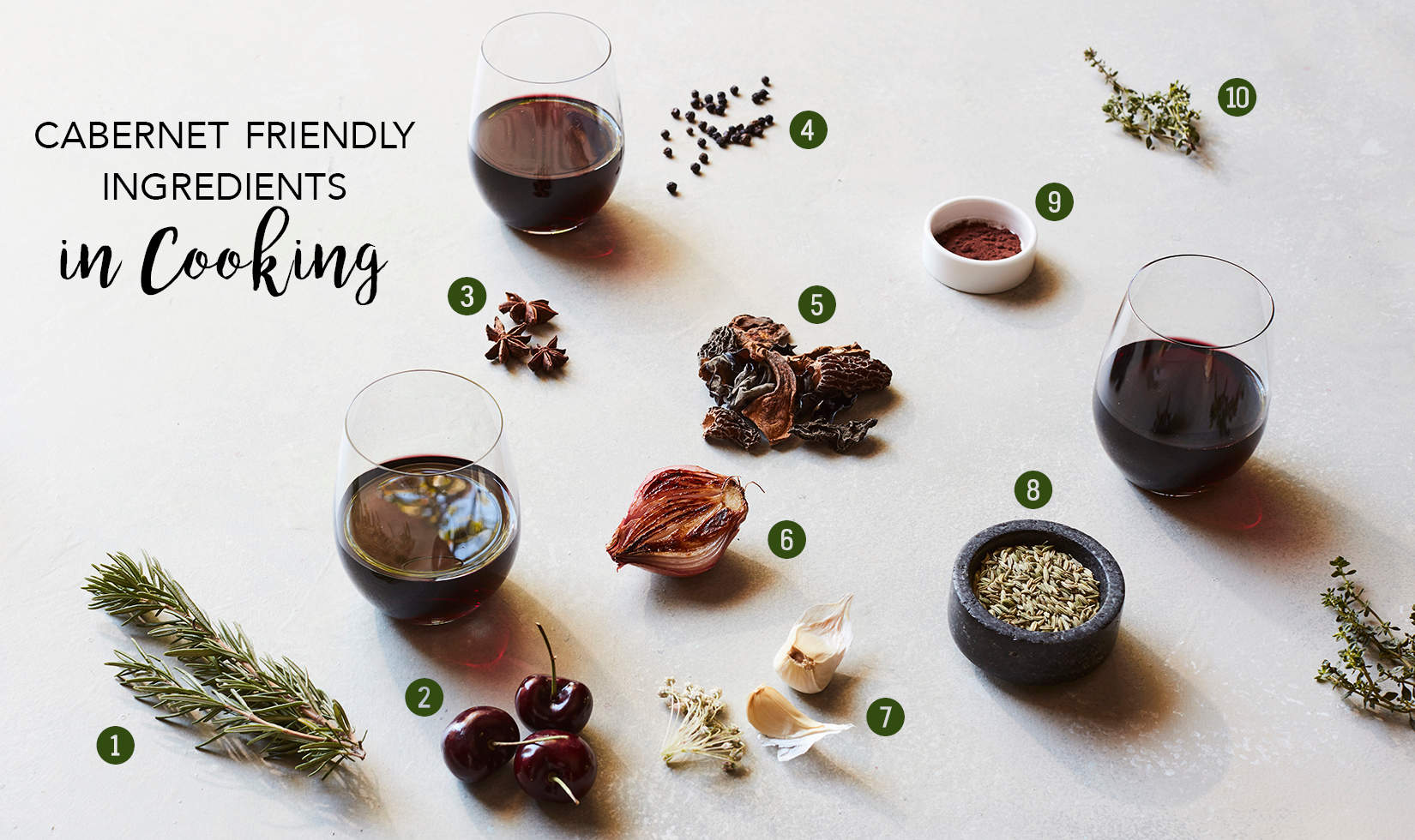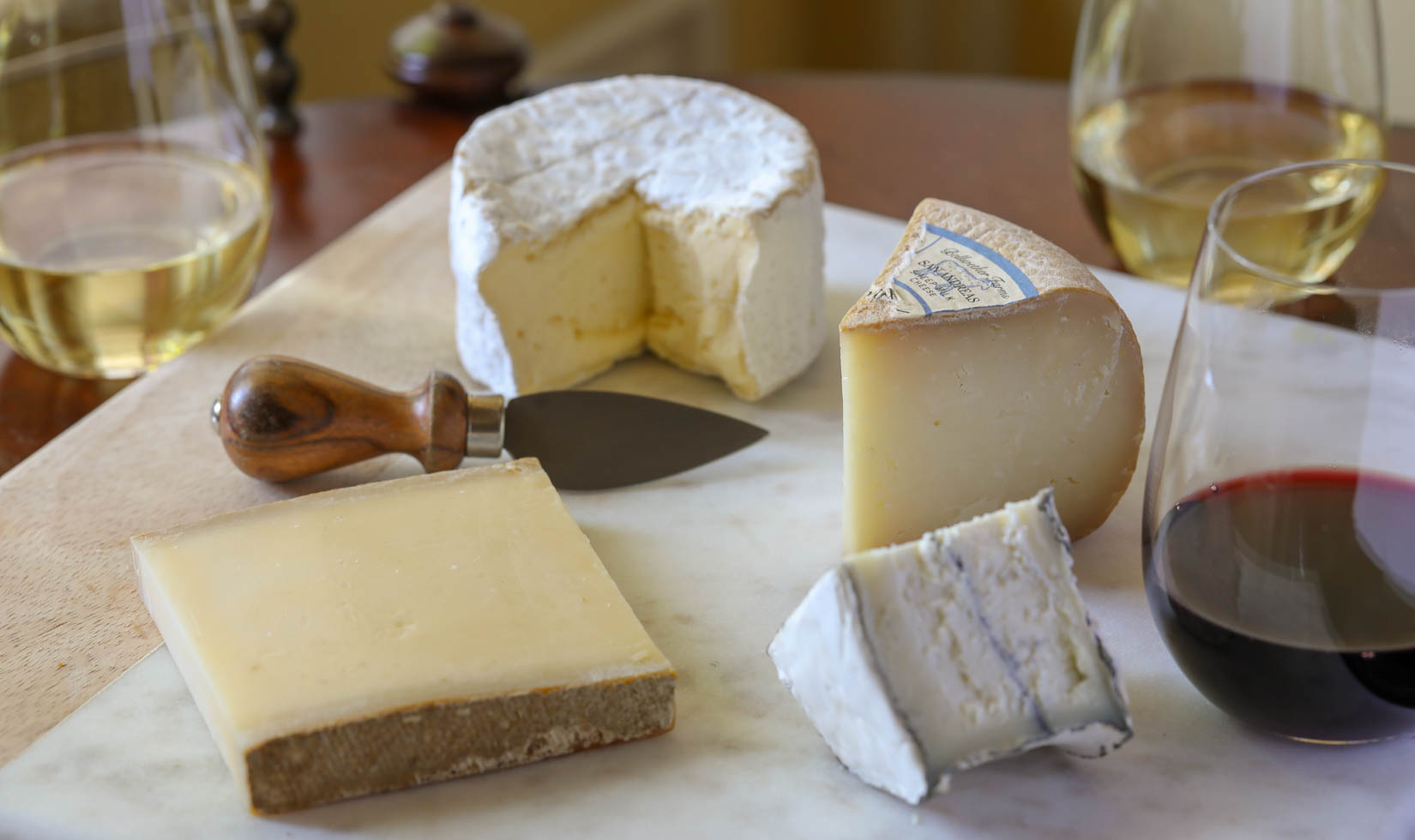Out of the many thousands of grape varieties grown on the planet, chardonnay is the champion chameleon. Depending on Mother Nature, the winemaker’s whims and the place where it was grown, chardonnay’s characteristics change as easily as an opinion about the best styles. Flavor profiles of the world’s most popular wine range from oaky and buttery to light and austere, and all variations in between. But determining the style that’s right for you is difficult. The easiest way to do this – and it’s not exactly brutal work – is to try many different brands and regions. Once you’ve found your “baby bear” chard, then your eyes can open up to the possibilities of food, cheese and recipe pairings. Read on for a primer on how to best enjoy this popular wine.
What Are the Chardonnay Characteristics?
Meet the three basic styles: 1) classic oaky and buttery; 2) unoaked and; 3) a balance between these two. As with most wines, the defining differences begin in the vineyard and end in the wine cellar, depending on the producer’s desires. Many people associate California chardonnay with the first style, given that wine producers used that template for many years. Starting with very ripe grapes, winemakers seeking this profile generally use new oak barrels to coax the vanilla and toasted notes into the wine, and add a heavy dose of malolactic fermentation, a naturally occurring but controllable process that churns the buttery notes.
Unoaked chardonnay is aged in either used, neutral barrels or stainless steel. Closer to a pinot gris or sauvignon blanc, it is zestier and higher in acidity than its oaky cousin. Choosing the harvest date and ripeness depending on their whims, many producers in Burgundy select this method to preserve the subtle flavors in the ripe fruit.
The last style — the balanced version — is where many wineries around the world find their sweet spot, including Jordan Winery’s Russian River Valley Chardonnay. It blends the best of all worlds: soft, controlled oak influence combined with tart, natural acidity and the bright, citrus and stone fruit of this beloved grape. Click here to learn the four secrets to making Jordan’s elegant chardonnay.
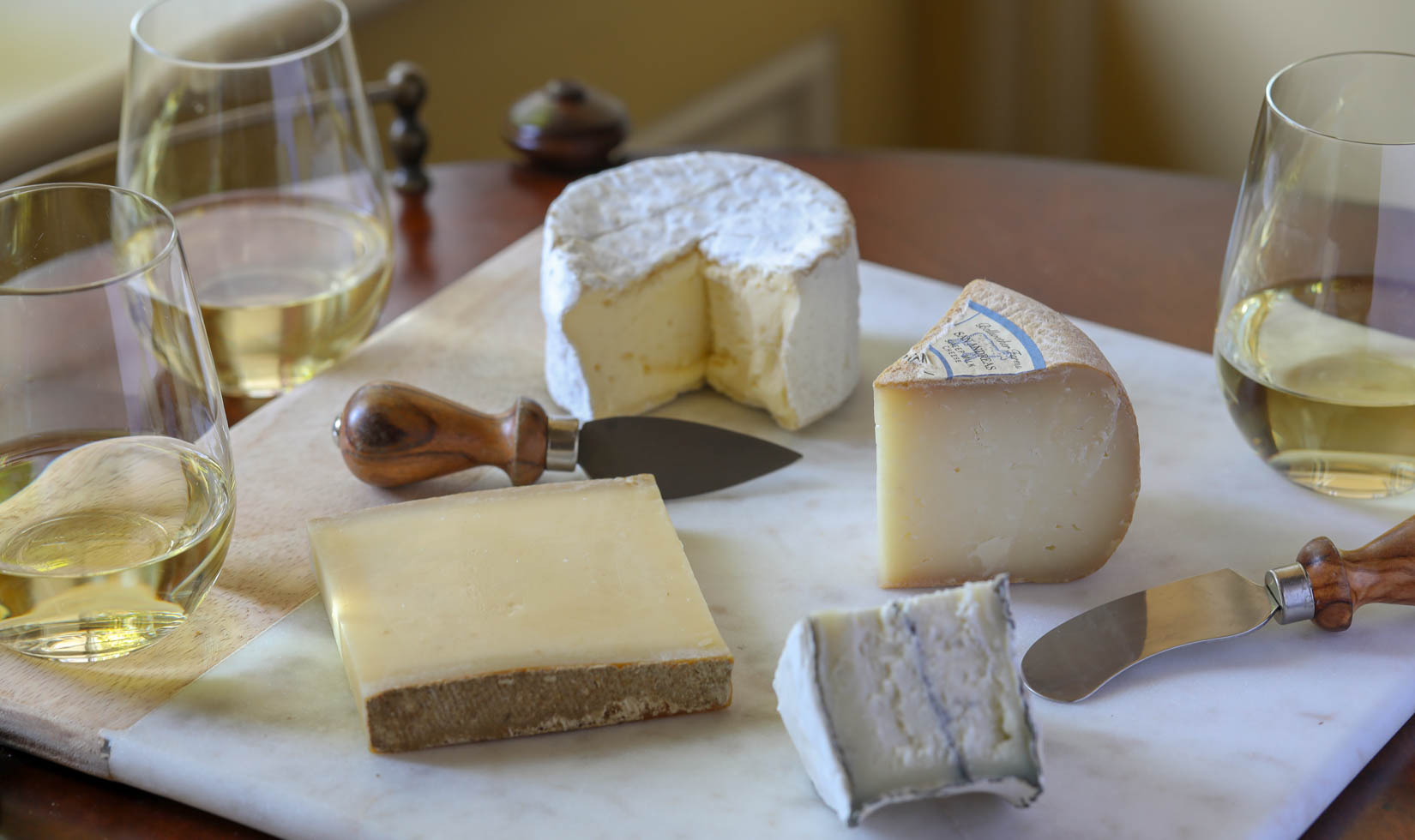
What About the Best Cheeses to Enjoy with Chardonnay?
Balanced styles are ideal with any food pairing, since the fruit, acidity and slight creaminess connect the wine to the food’s flavors. This chardonnay’s characteristics even pair better than most red wines with cheeses. If you’re curious about the specific types of fromage that are well-matched with chardonnay, see our post on the best cheeses for the queen of white wine.
Read the post >>
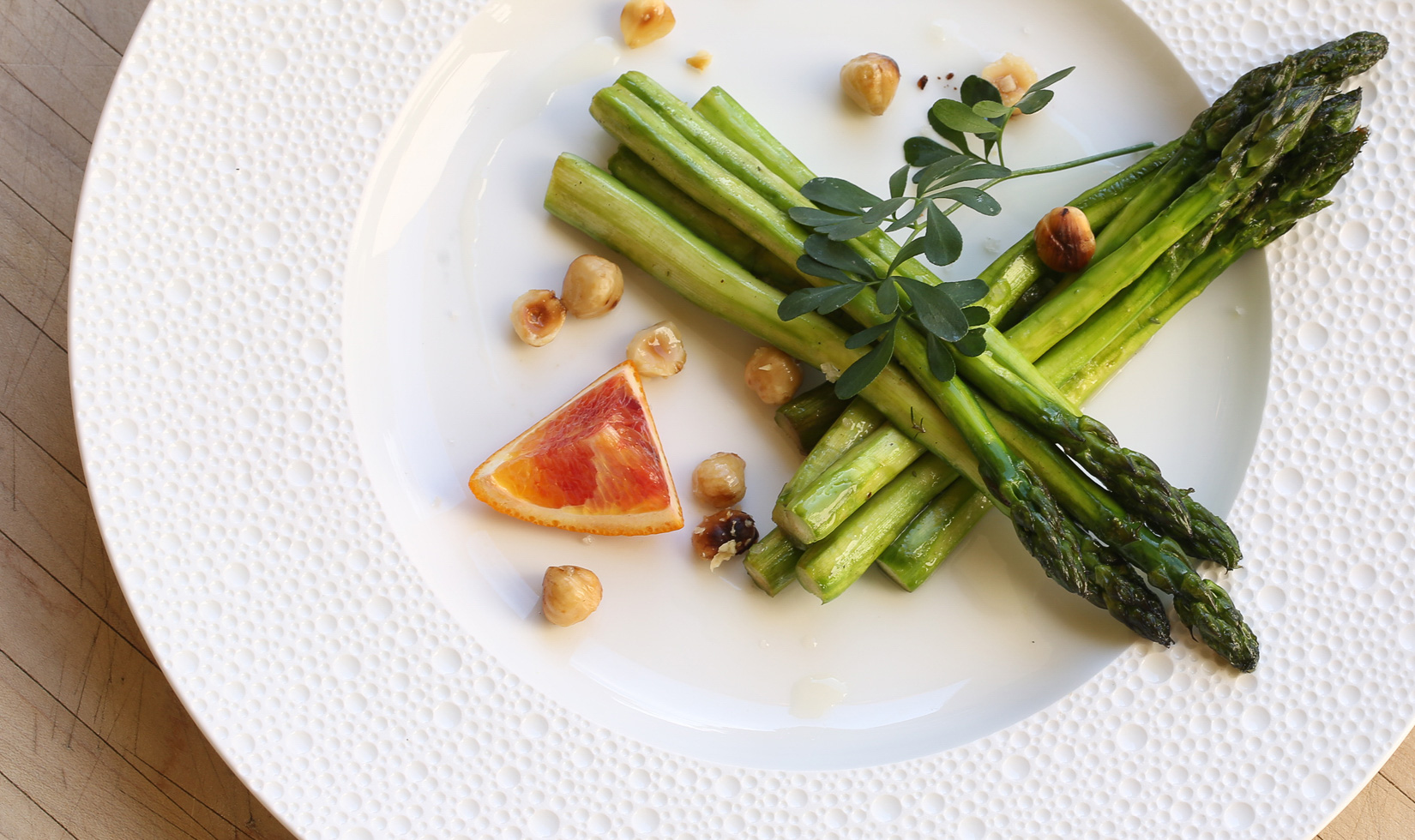
How to Create a Perfect Chardonnay Pairing
As America’s favorite white wine, chardonnay can be seen on every restaurant wine list and many dinner tables across the U.S. In this post, we provide guidance on the best ways to partner food with chardonnay and why. Plus, we offer a few delightful recipes to try out your new knowledge.
Read the post >>
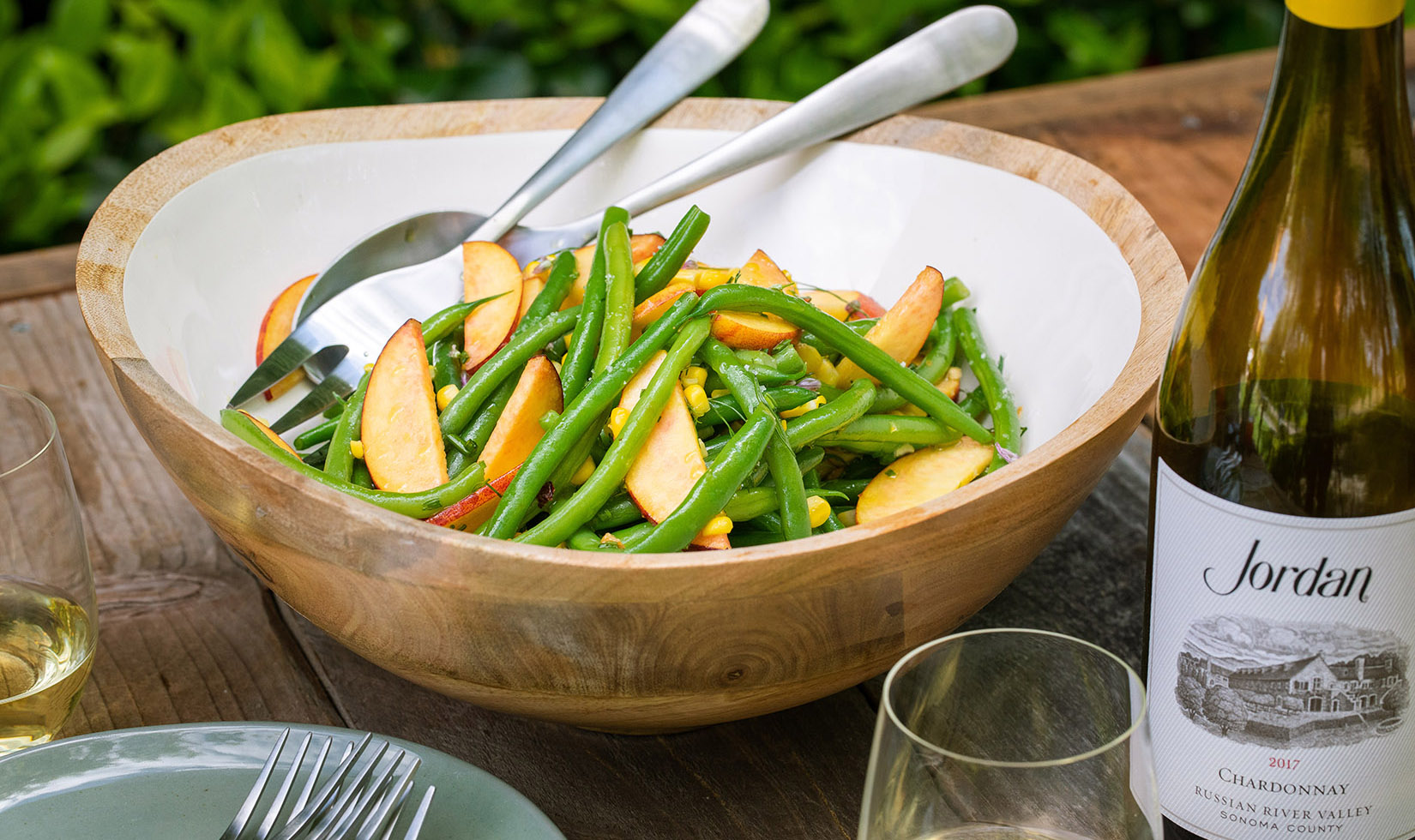
Appetizers and Salads with Chardonnay
White wine, and especially chardonnay, is often served at the beginning of an evening. So pairing hors d’oeuvres and salads is part of the menu progression fun. The key is matching acid levels and using crossover components like nuts to match up flavor profiles. Here we present our chardonnay and appetizers pairing guide with four recipes that can be served as the first morsel on a menu or hors d’oeuvres reception, as well as four salads that flaunt the versatility of this glorious grape.


